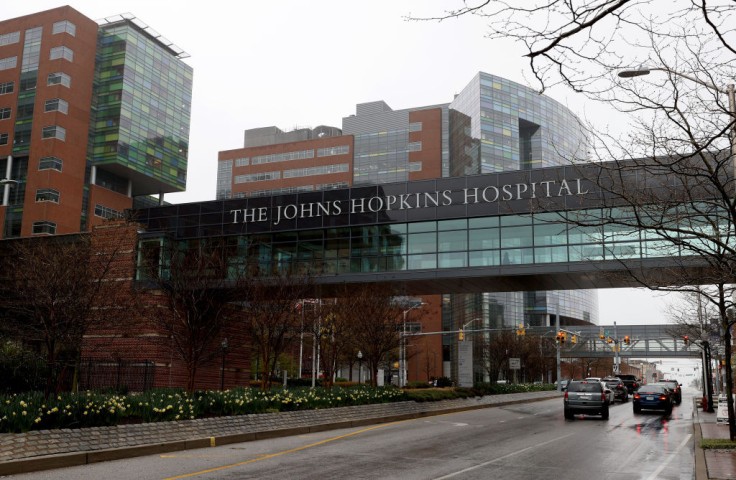
Johns Hopkins Hospital is found guilty on all charges in Maya Kowalski's trial in Netflix's popular documentary 'Take Care of Maya.'
In a landmark legal decision reverberating through the halls of the justice system, a Florida jury has handed down a guilty verdict against Johns Hopkins All Children's Hospital in the highly publicized case involving Maya Kowalski.
The hospital now faces the monumental repercussions of a $220 million guilty verdict, marking a pivotal moment in a legal battle initiated by the Kowalski family.
The unfolding tragedy sheds light on the intricacies of medical care, patient rights, and the delicate balance between intervention and autonomy.
Guilty Verdict - The 'Take Care of Maya' Controversy
The courtroom atmosphere in St. Petersburg was charged with tension as Maya Kowalski, now 17, clutched a cross, emotions cascading through her, following the announcement of the unanimous guilty verdict against Johns Hopkins All Children's Hospital.
The jury sided with Maya, delivering a verdict that found the hospital guilty on charges of false imprisonment, malpractice, and infliction of emotional distress.
Maya Kowalski and her family, grappling with the irreplaceable loss of Beata, filed a $220 million lawsuit against Johns Hopkins All Children's Hospital, alleging wrongful commitment and cruel separation.
The guilty verdict, encompassing multiple charges, places the hospital in the eye of a legal storm with potential penalties reaching tens of millions of dollars.
Despite the gravity of the verdict, Johns Hopkins All Children's Hospital has expressed its intention to appeal, citing procedural errors and emphasizing its commitment to reporting suspected child abuse.
The hospital's legal representation contends that their actions were motivated by genuine concern for Maya's well-being, seeking to guide her onto a safer medical path.
The gripping narrative, laid bare in the Netflix documentary "Take Care of Maya," exposed the hospital's actions during Maya's treatment and the subsequent legal drama that unfolded in the aftermath.
A Landmark Verdict and the Ongoing Battle for Justice
Maya Kowalski, bearing the weight of her experience with complex regional pain syndrome, a debilitating neurological condition causing widespread pain, testified during the trial.
Hospital staff, skeptical of Maya's condition, took drastic measures, believing Beata Kowalski suffered from Munchausen by Proxy syndrome, ultimately leading to the separation of mother and daughter.
In 2015, Beata Kowalski entrusted the care of her then-10-year-old daughter, Maya, to Johns Hopkins Hospital, seeking treatment for a chronic pain condition necessitating ketamine therapy.
The hospital staff's skepticism about the necessity of the treatments triggered concerns, prompting involvement from Florida child welfare authorities.
Tragically, Maya was separated from her parents, becoming an involuntary ward of the state. The anguish culminated in Beata Kowalski's heart-wrenching decision to take her own life after enduring 85 days without seeing her daughter.
Maya Kowalski's legal triumph marks a watershed moment not only for her but also for those advocating for justice in cases of alleged medical malpractice.
The ripple effect of this case will undoubtedly influence discussions surrounding patient rights, hospital responsibilities, and the nuanced balance between medical intervention and individual autonomy.
As the legal saga continues, the legacy of Beata Kowalski and the pursuit of justice in the Maya Kowalski case will persist, casting a long shadow over the landscape of medical ethics and accountability.